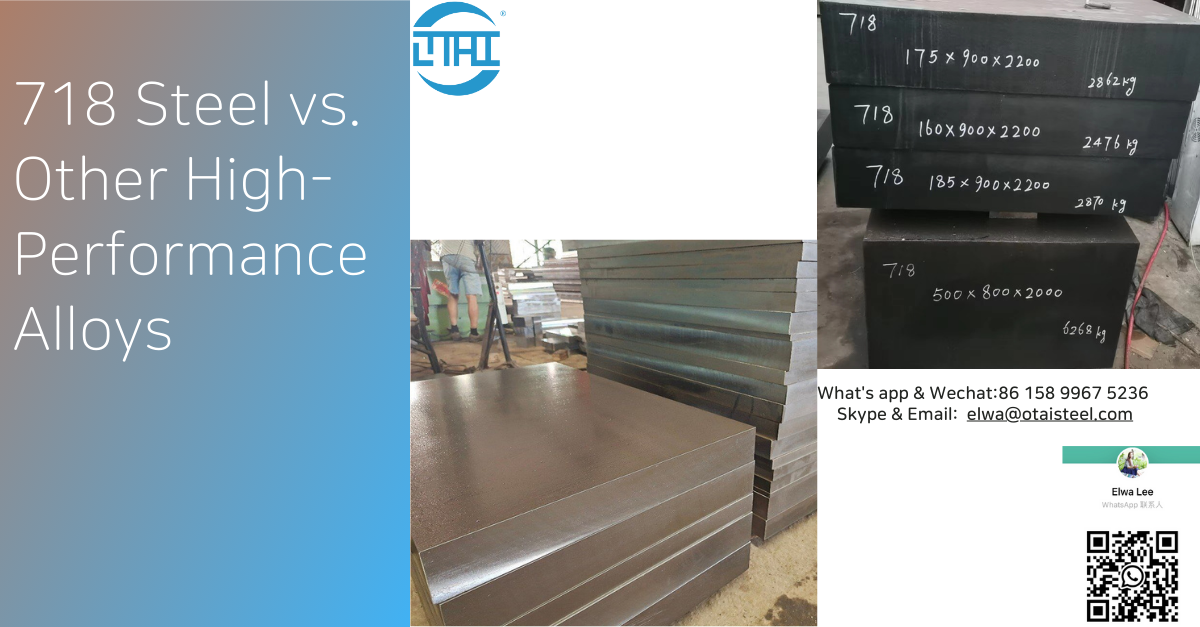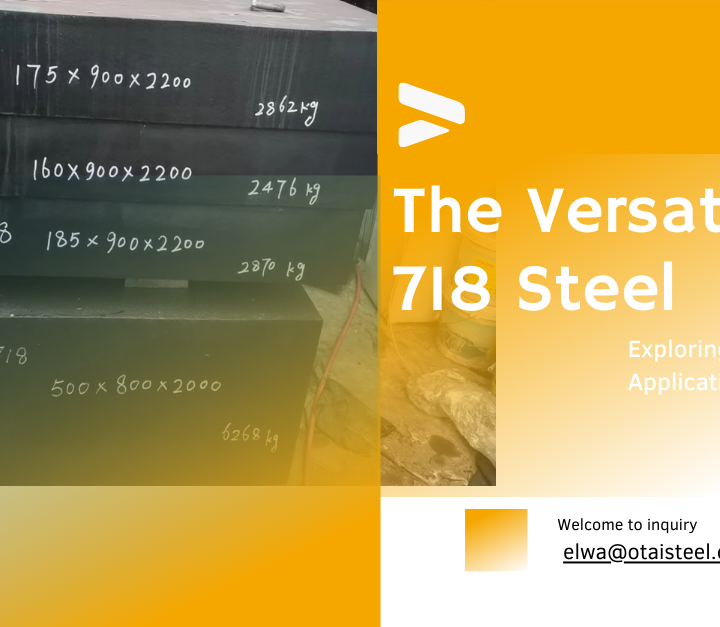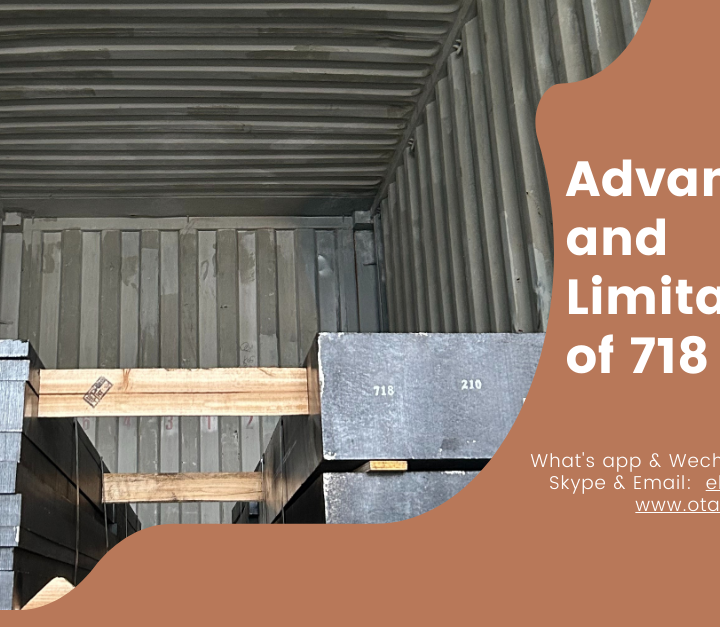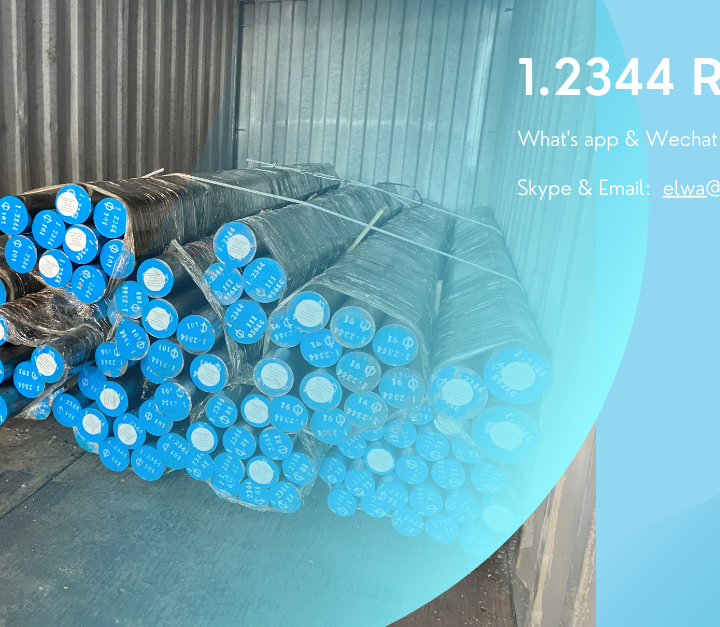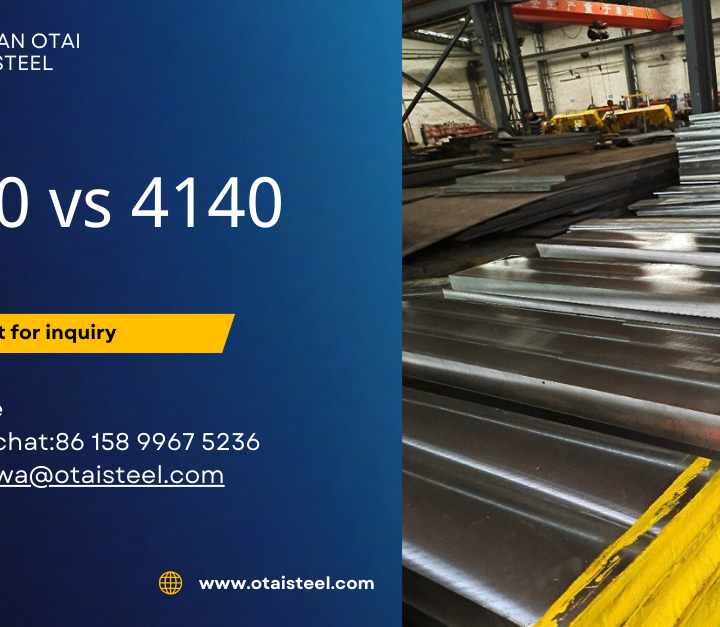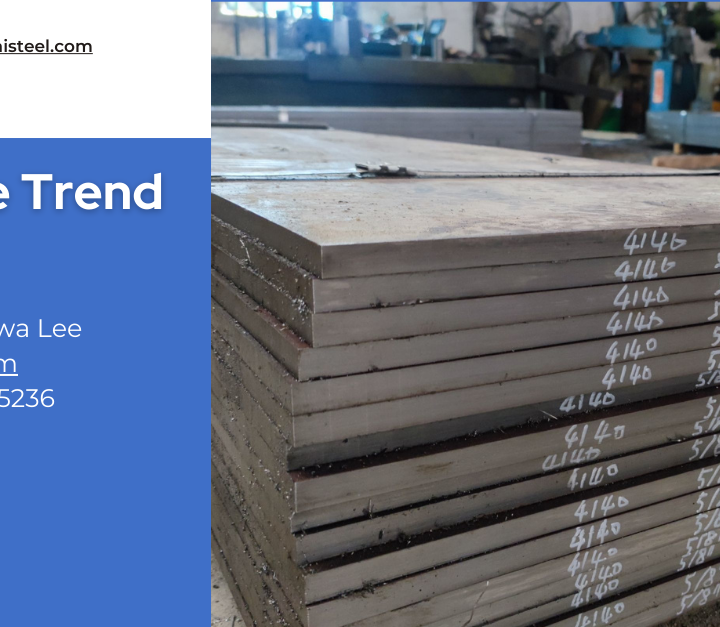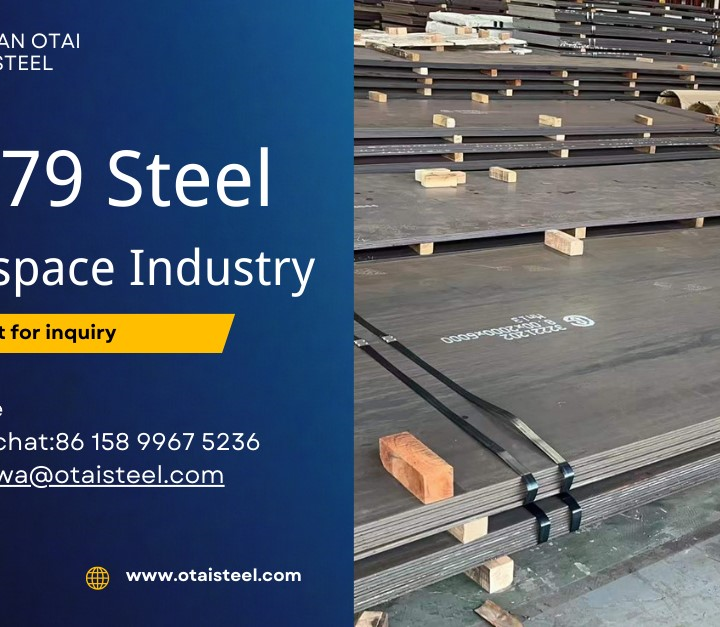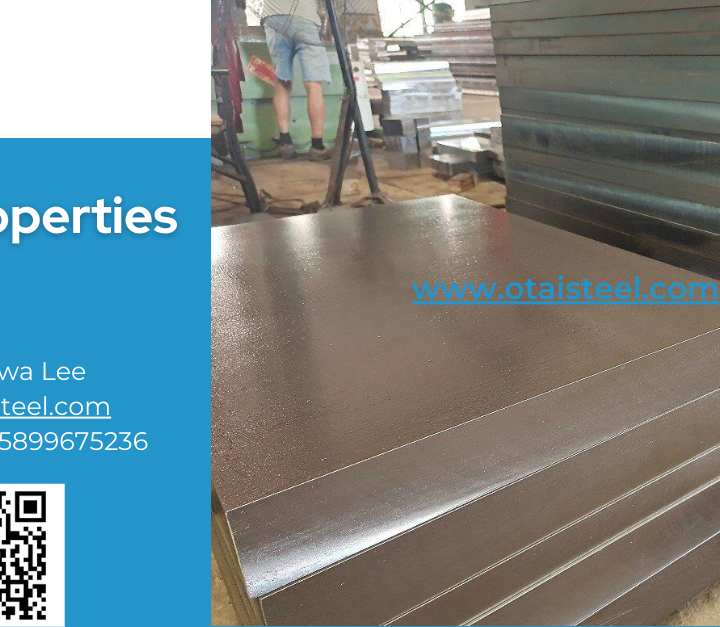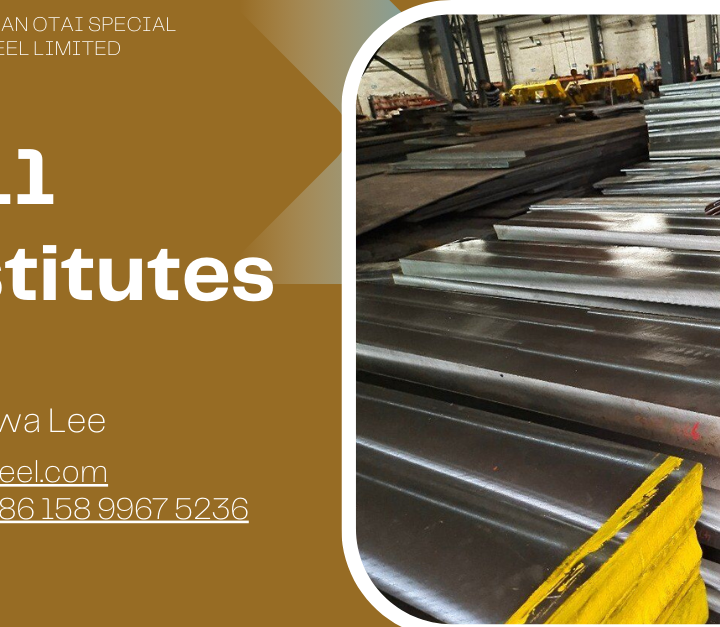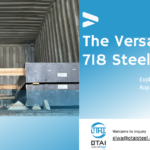In the realm of high-performance alloys, 718 steel stands as a formidable contender, renowned for its exceptional strength, corrosion resistance, and heat resistance. However, how does it stack up against other alloys vying for supremacy in demanding applications? Join us as we conduct a comparative analysis between 718 steel and other high-performance alloys to uncover their respective strengths and weaknesses.
The Versatile Champion
Comparative Analysis
1. Strength and Toughness
Compared to other high-performance alloys such as Inconel and Hastelloy, 718 offers comparable strength and toughness, making it suitable for applications subjected to heavy loads and extreme conditions. Its ability to maintain mechanical properties at elevated temperatures sets it apart from many competitors.
2. Corrosion Resistance
In terms of corrosion resistance, 718 excels, particularly in harsh environments where oxidation and sulfidation are prevalent. While alloys like Inconel and Hastelloy also exhibit excellent corrosion resistance, it’s chromium content gives it an edge in certain applications, such as chemical processing and oil and gas exploration.
3. Heat Resistance
High-temperature performance is another area where 718 shines. With its superior heat resistance and ability to retain strength at elevated temperatures, it outperforms many other alloys, including Inconel and Hastelloy, in applications such as aerospace engines and industrial furnaces.
4. Weldability and Machinability
Despite its high strength, 718 offers good weldability and machinability, allowing for ease of fabrication and assembly. While alloys like Inconel and Hastelloy also exhibit these properties to some extent, it’s versatility in manufacturing processes makes it a preferred choice for various applications.
Conclusion
In conclusion, it stands tall as a high-performance alloy, offering a winning combination of strength, corrosion resistance, and heat resistance. While other alloys like Inconel and Hastelloy present formidable competition, 718 steel holds its own with superior properties in certain areas. Whether in aerospace, automotive, oil and gas, or industrial sectors, 718 steel continues to prove its worth as a versatile and reliable material for demanding applications.
FAQs
1. How does 718 steel compare to Inconel and Hastelloy in terms of strength?
718 steel offers comparable strength to Inconel and Hastelloy, making it suitable for applications subjected to heavy loads and extreme conditions.
2. Which alloy has the best corrosion resistance: 718 steel, Inconel, or Hastelloy?
While all three alloys exhibit excellent corrosion resistance, 718 steel’s chromium content gives it an edge in certain environments, particularly in chemical processing and oil and gas exploration.
3. Is 718 steel the best choice for high-temperature applications?
With its superior heat resistance and ability to retain strength at elevated temperatures, 718 steel outperforms many other alloys, making it an excellent choice for high-temperature applications.
4. Can 718 steel be easily welded and machined compared to Inconel and Hastelloy?
Yes, it offers good weldability and machinability, similar to Inconel and Hastelloy, making it versatile in manufacturing processes.
5. In which industries is 718 steel commonly used?
It finds applications in aerospace, automotive, oil and gas, and various industrial sectors, where its exceptional properties make it a preferred choice for demanding applications.
